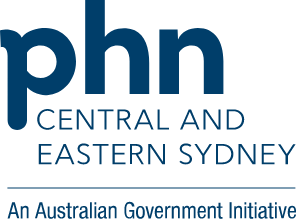Mental Health
Mental health, suicide prevention and psychosocial support services commissioned include the following
Primary Integrated Care Supports (PICS) Dialectical Behavioural Therapy (DBT) Groups
The PICS program supports people living with severe and persistent mental illness by providing clinical care and coordination through recovery-oriented mental health services. Delivered by One Door Mental Health, people are paired with experienced and credentialed mental health nurses and can also access psychosocial support from peer workers.
There was an identified need for skills-based groups focusing on emotional regulation and building emotional tolerance. In March 2024, PICS began running DBT-type (dialectical behaviour therapy) groups based on a New Zealand resource named The Gift Box. Groups run for two hours per week over nine weeks and are facilitated by a peer worker coordinator. Groups are capped at 10 people to ensure the program remains a safe space where all participants can contribute and be heard. There are opportunities for attendees to integrate the skills they learnt through the program by training to become facilitators for future groups.
PICS ran a successful DBT group for women, including trans-women, towards the end of the 2023-24 financial year. A common theme raised by participants was the added benefit of the connection they made with others, leading to a strong sense of feeling less isolated. A men’s group is scheduled to begin in early 2024-25 and plans are in place for a group focusing on the LGBTIQA+ community and another for people experiencing auditory hallucinations.
headspace
headspace centres provide face-to-face and telehealth services to young people aged 12 to 25 years and their families and friends. The support provided is holistic including general health care, mental health care, alcohol and other drug support and study and employment support. There are five headspace centres in the Central and Eastern Sydney region – Ashfield, Bondi Junction, Camperdown, Hurstville and Miranda.
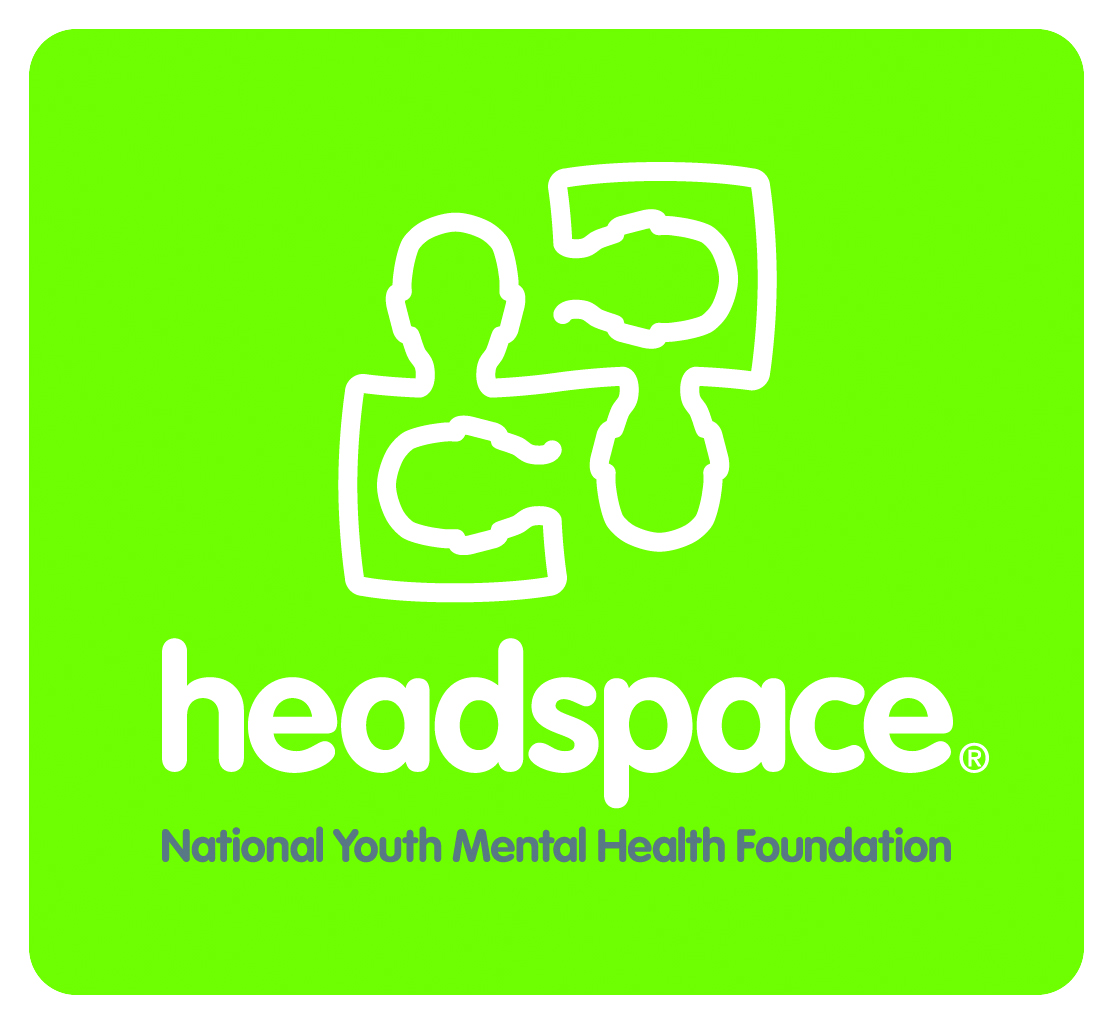
When referred to headspace Camperdown, Dimitri (not his real name) was an 18-year-old male living with his multi-generational family. He reached out via e-mail presenting with concerns around anxiety and overthinking, low mood, some social isolation, low self-esteem, as well as some difficulties around having to care for his unwell, non-English speaking grandmother. Dimitri has a diagnosis of Autism Spectrum Disorder (ASD), had had a difficult passage through high school with some bullying, and reported a previous history of deliberate self- harm.
Following a comprehensive assessment, Dimitri was recommended to attend brief intervention with a male psychologist, and a group therapy program for his social anxiety. During his time at headspace Camperdown, he attended 6 appointments of brief intervention, the “Connect Group” (a social anxiety treatment program), was seen by an occupational therapist, and attended Coffee Club (a Monday morning social and weekly planning group for young people who are not in employment, education or training). He also completed the “Unstuck group” (an ACT-based treatment group), and the Artspace group. Dimitri was referred to a private psychologist for ongoing support and was linked in with headspace Ashfield’s Individual Placement and support team to assist in obtaining casual work.
Dimitri has continued his involvement with the headspace centre, as a peer mentor, as well as taking on other advisory roles within the centre. He continues to see a peer worker for mentoring around career options and advice around building his confidence to increase social connection with others. Dimitri attended an event last year and when the nominated speaker did not arrive, he agreed to tell his story to the assembled audience – a great testament to his improvements in social anxiety! When asked if he would speak, he said “Well, I suppose having completed the Connect group, I have to say yes!”
Dimitri consented to his story being told and was very keen for the below to be included: “When I first came to headspace, I thought that individual counselling was the only type of support available, until I found out that there is more to headspace than just individual counselling.”
Before going into headspace for the first time, finding individual therapy was challenging, especially as a young adult. But once I started receiving support from headspace, they showed me many other support services within and outside of headspace that I could get support from.”
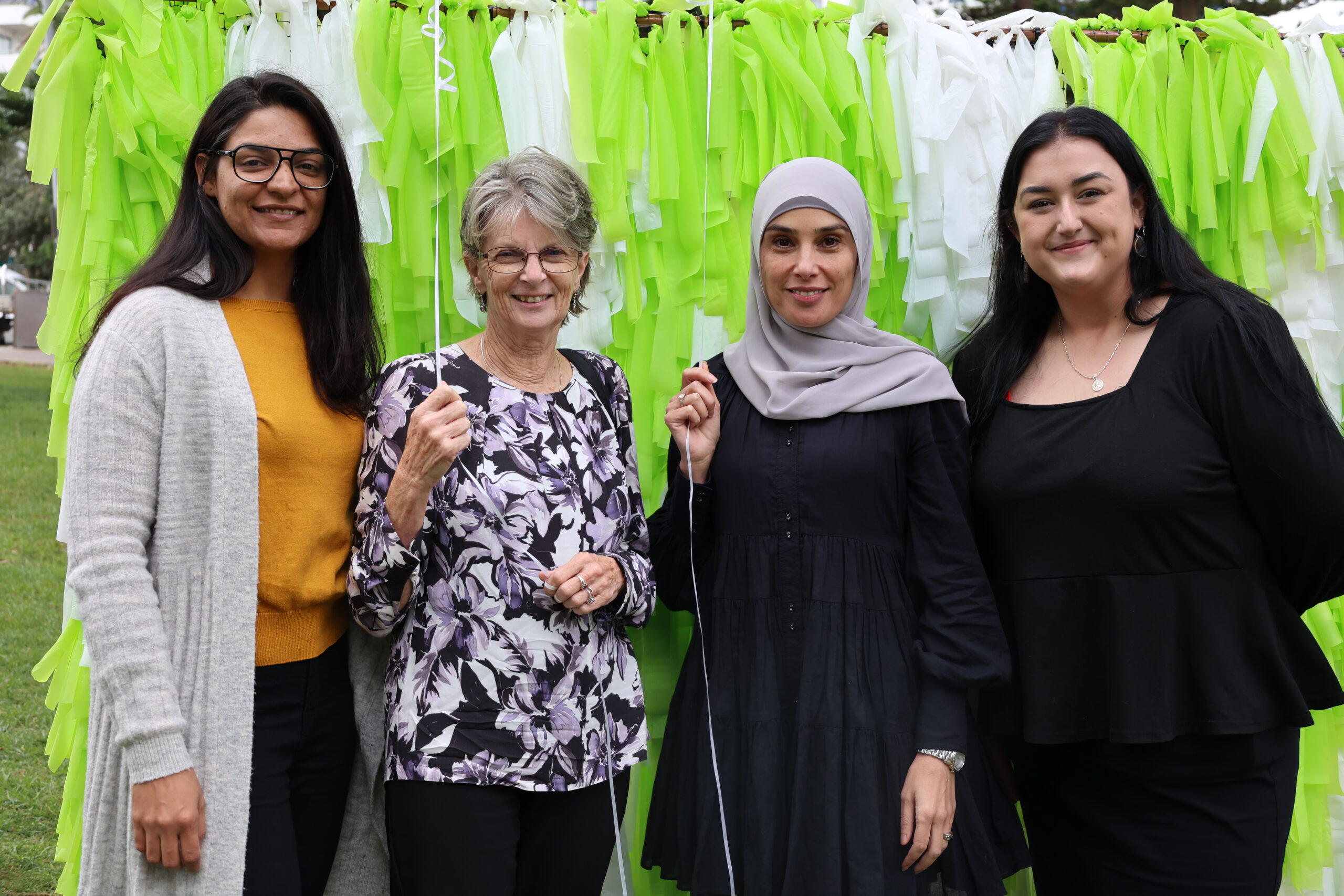
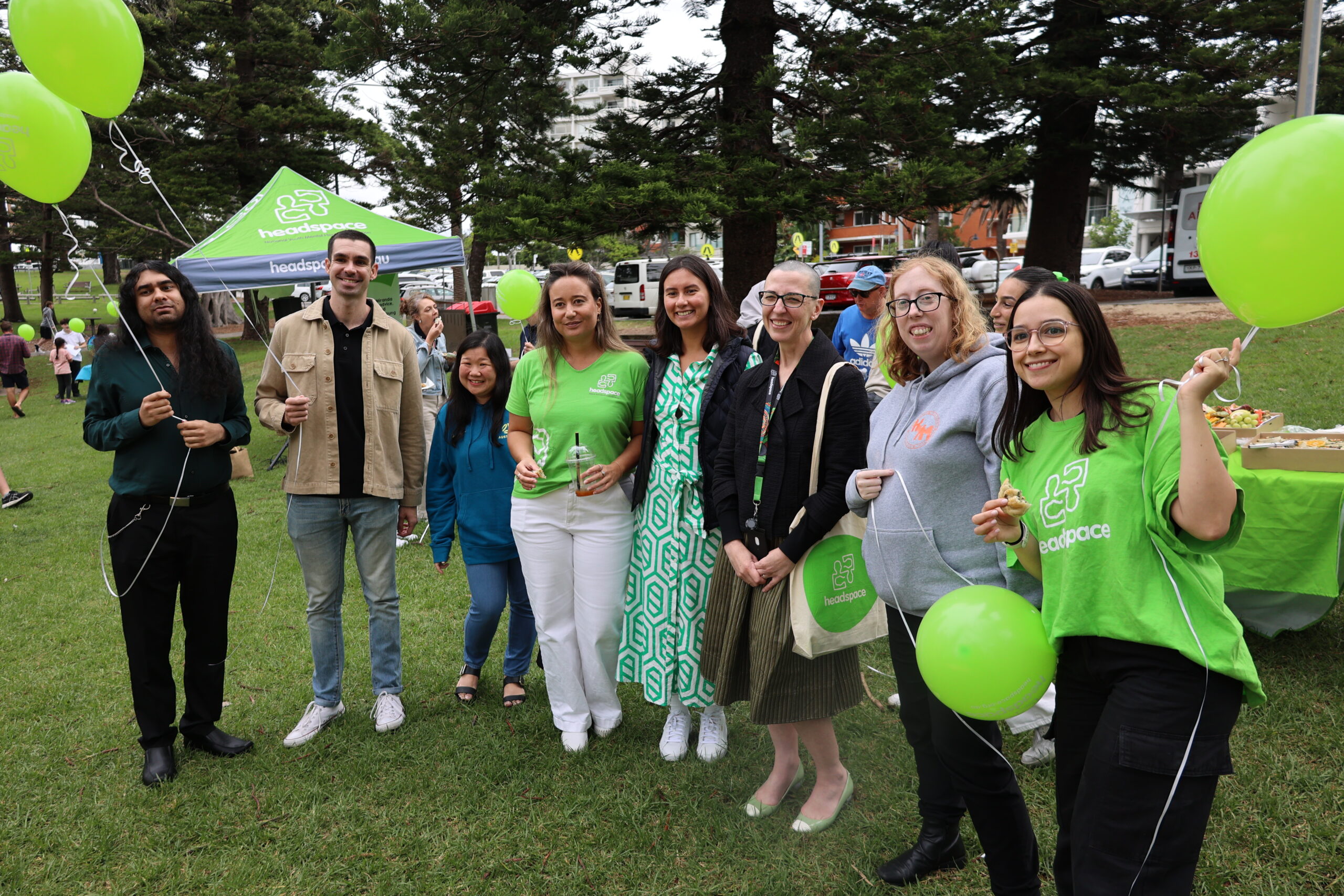
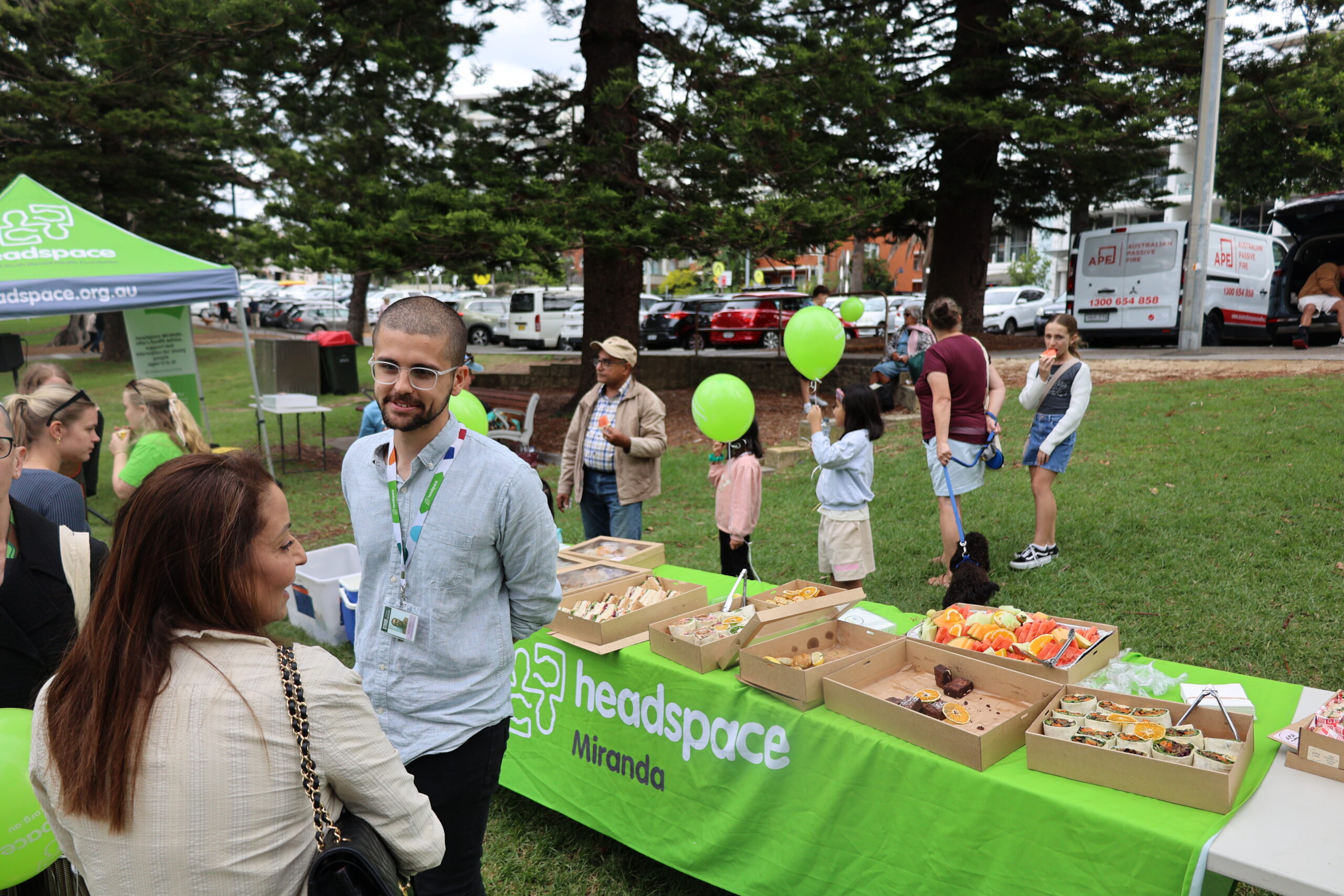
Psychosocial Support Programs
In November 2023, CESPHN invited thirteen organisations to submit expressions of interest for funding to expand or enhance psychosocial support service provision in our region. We received 20 submissions and 7 were assessed as meeting requirements to progress to a formal tender proposal in December. CESPHN progressed to contract with 6 initiatives that will provide unique and innovative psychosocial supports until 30 June 2025. All programs started service delivery in April and May and are actively seeking and accepting referrals.
New psychosocial initiatives commissioned include:
Growing Resilience is a 6-week peer-facilitated program which helps participants improve their mental health and build resilience. Topics over the 6-week program include live in the now and hope for the future, feeling overwhelmed, exercise as mental health ‘medicine’, managing loss and gaining perspective, managing feelings during stressful times, and managing healthy relationships.
OPWN involves a voluntary peer workforce model that supports older people living in retirement villages and the general community. Older peers, called ‘Befrienders’, are supported by mental health workers and relate to the target population on a personal level, addressing an increasing gap in accessing mental health supports for older people. The program currently runs in Central Sydney and the Inner West for people aged 65+ (55+ for Aboriginal and Torres Strait Islander peoples).
Lilly Pilly Counselling is providing an assortment of group programs contributing to improved mental and physical health as well as social connection and life skills for people experiencing severe and persistent mental illness. Groups include Circle of Security, Outdoor Therapy for Disadvantaged Youth, Art Therapy, Trauma-Sensitive Yoga, and more.
Making Space provides support for people living with moderate hoarding disorder, also known as compulsive acquiring. Support is tailored to participants’ needs and may include a combination of case management, living skills training, practical 1:1 support, and support via the Buried in Treasures 16-week facilitated group program. Please note that due to demand, this program is currently only accepting referrals for people living within the Sydney Local Health District region.
Active8 supports people experiencing severe mental illness by providing access to programs that promote physical health and wellbeing, which is an emerging trend and support need. It has three components: Coaching for Physical Health, Eat Plant Learn, and Kick the Habit Tobacco Management.
WorkWell supports recovery by enabling individuals to find employment opportunities that align with their interests, goals, and recovery journeys, and experience the associated benefits of entering the workforce, which includes reducing social inclusion. Unlimited support is provided to both the participant and the employer while they are working.
Social Rx®, Well Together®, and Skillness® are three separate components of this program, which focuses on building the capacity and capability of people with severe mental illness to thrive, re-connect with, meaningfully participate in, and contribute to their community. Action plans are co-developed with participants and heavily involve a person’s context (i.e., family, friends, peers, local community) to ensure they can identify and utilise existing resources to enhance their health and wellbeing.
Keeping Body In Mind – Primary (KBIM-p)
Keeping the Body In Mind-Primary (KBIM-p) is a PHN-funded life skills and lifestyle program offering free exercise physiology and dietitian services for people with severe mental illness. Recently the program has been expanded to include smoking and vaping cessation support, through the integration of a Tobacco Treatment Specialist and a Mental Health Peer Worker. The program is available to individuals aged 18-65 residing within Central and Eastern Sydney, with services provided through both telehealth and in-person appointments at the UNSW Lifestyle Clinic. Participants can receive up to 10 sessions with an accredited exercise physiologist and 10 sessions with a dietitian, all at no cost.
Smoking is a significant issue for people with complex mental health disorders, including KBIM-p participants. Approximately two-thirds of individuals with serious mental illness smoke, compared to 12.8% of the general population.
The Tobacco Treatment Specialist’s role is to offer guidance to those striving for tobacco-free lives. This role is crucial due to the unique challenges faced by individuals with severe mental illness during their smoking cessation journey.
The inclusion of a Mental Health Peer Worker aims to improve access to smoking and vaping cessation support for KBIM-p consumers. By involving someone with personal experience in mental health and smoking cessation, the program hopes to increase referrals, extend enrolment durations, and enhance smoking cessation rates.
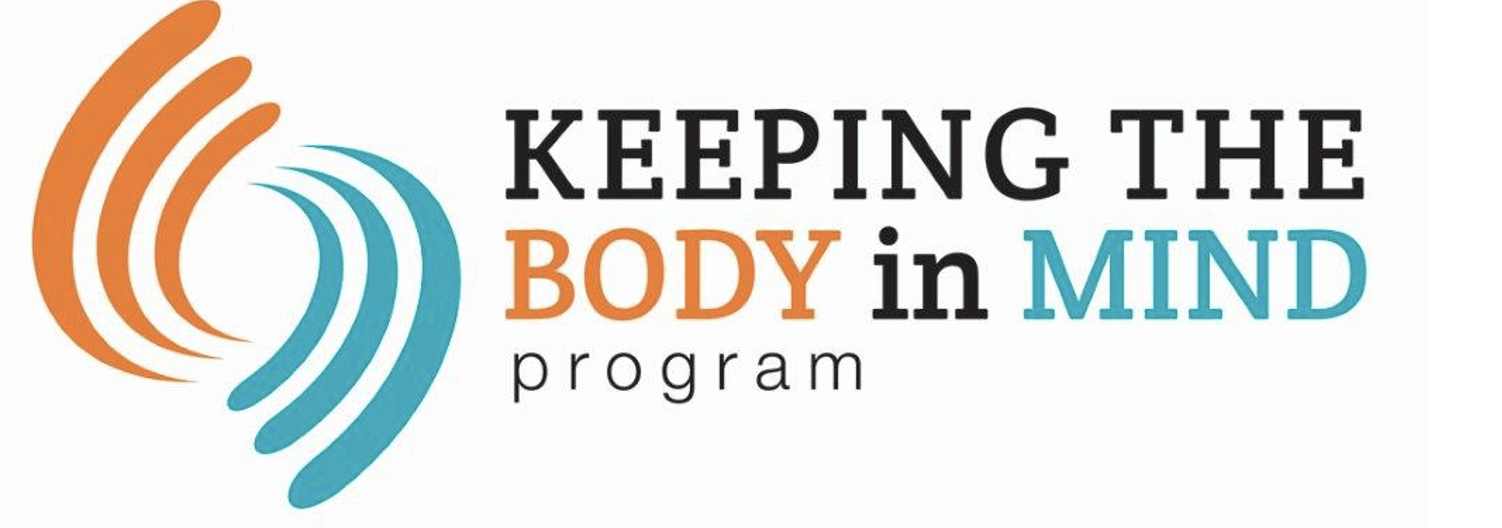
KBIM-p has been accepting referrals from primary care referrers since February 2021.
During 2023/24 FY, the program had:
”It’s sort of it stopped me from falling into depression. I used to drink alcohol every day. I don't drink alcohol anymore since Dry July [2023], and I'm not going back to it. [The exercise physiologist] has been absolutely amazing. With his help, [and] the dietitian, my life is turned around. I'm going leaps and bounds at the moment.”
Participant X:
- Decreased hours spent sedentary per day by 2.25 hours
- Increased minutes of light activity by 65 minutes
- Increased minutes of moderate-vigorous activity by 15 minutes per day
- Increased to 0.5 serves of vegetables, 0.5 serves of fruit and decreased in 3 serves of discretionary food per day.
